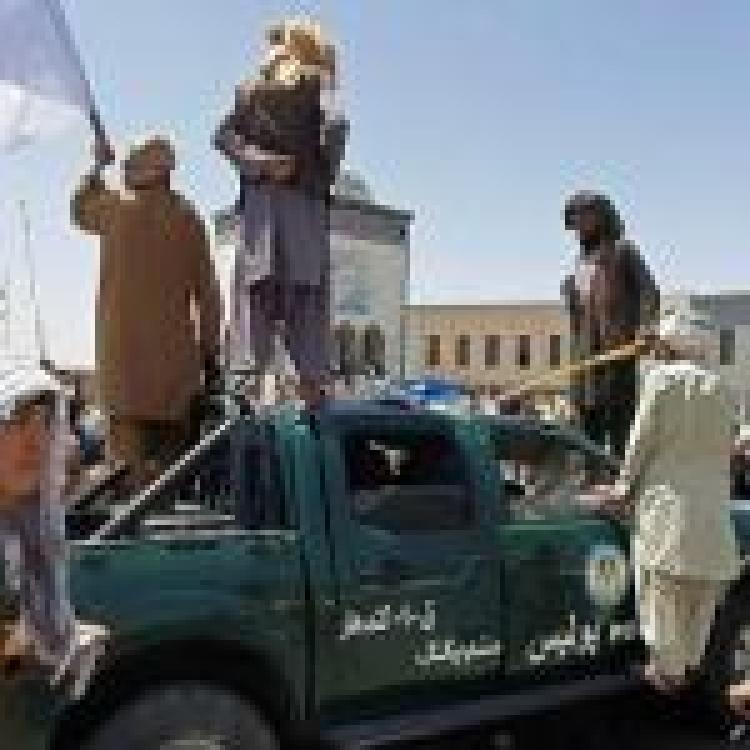
The International Criminal Court prosecutor said on Thursday he had applied for arrest warrants for two Taliban leaders in Afghanistan.
It marks the first time the prosecutor has built a case around systemic crimes against women and girls, legal experts say. It is also a rare moment of vindication for Afghan activists, who over the last three years have often felt abandoned by the international community even as Taliban oppression deepened.
Shukria Barakzai, activist and former member of the Afghan parliament, said in a statement: “This historic announcement is a powerful message that impunity for flagrant violations of women’s rights is not to be tolerated in Afghanistan or anywhere else in the world. We are deeply grateful to all our Afghan sisters who have worked relentlessly toward this moment.”
Karim Khan, the ICC chief prosecutor, said in a statement that the Taliban’s supreme leader, Haibatullah Akhundzada, and chief justice, Abdul Hakim Haqqani, are “criminally responsible” for ongoing persecution of girls, women, the LGBTQ+ community and their allies.
ince sweeping back to power in 2021, the Taliban have issued more than 80 decrees that violate women’s basic rights. Women are barred from most work, secondary education and public spaces, and their daily life is restricted in various ways.
Recently the group banned windows in rooms frequently used by women, to ensure they could not be seen by men not related to them. New buildings should be constructed without windows in these rooms and existing windows should be covered up, the order stipulated.
Haibatullah Akhundzada, Known as the "Leader of the Faithful", the Islamic legal scholar is the Taliban's supreme leader who holds final authority over the group's political, religious and military affairs.
Akhundzada took over when his predecessor, Akhtar Mansour, was killed in a U.S. drone strike near the Afghan-Pakistan border in 2016. For 15 years, until his sudden disappearance in May 2016, Akhundzada taught and preached at a mosque in Kuchlak, a town in southwestern Pakistan, associates and students have told Reuters.
A cleric whose son was a suicide bomber, Akhundzada has spent much of his leadership in the shadows, letting others take the lead in negotiations that ultimately saw the United States and their allies leave Afghanistan after 20 years of grinding counter-insurgency war.
Abdul Hakim Haqqani was appointed chief justice by the Taliban shortly after it took over Afghanistan in 2021, he also heads a powerful council of religious scholars and is widely believed to be someone whom Akhundzada trusts most.
Read more here



